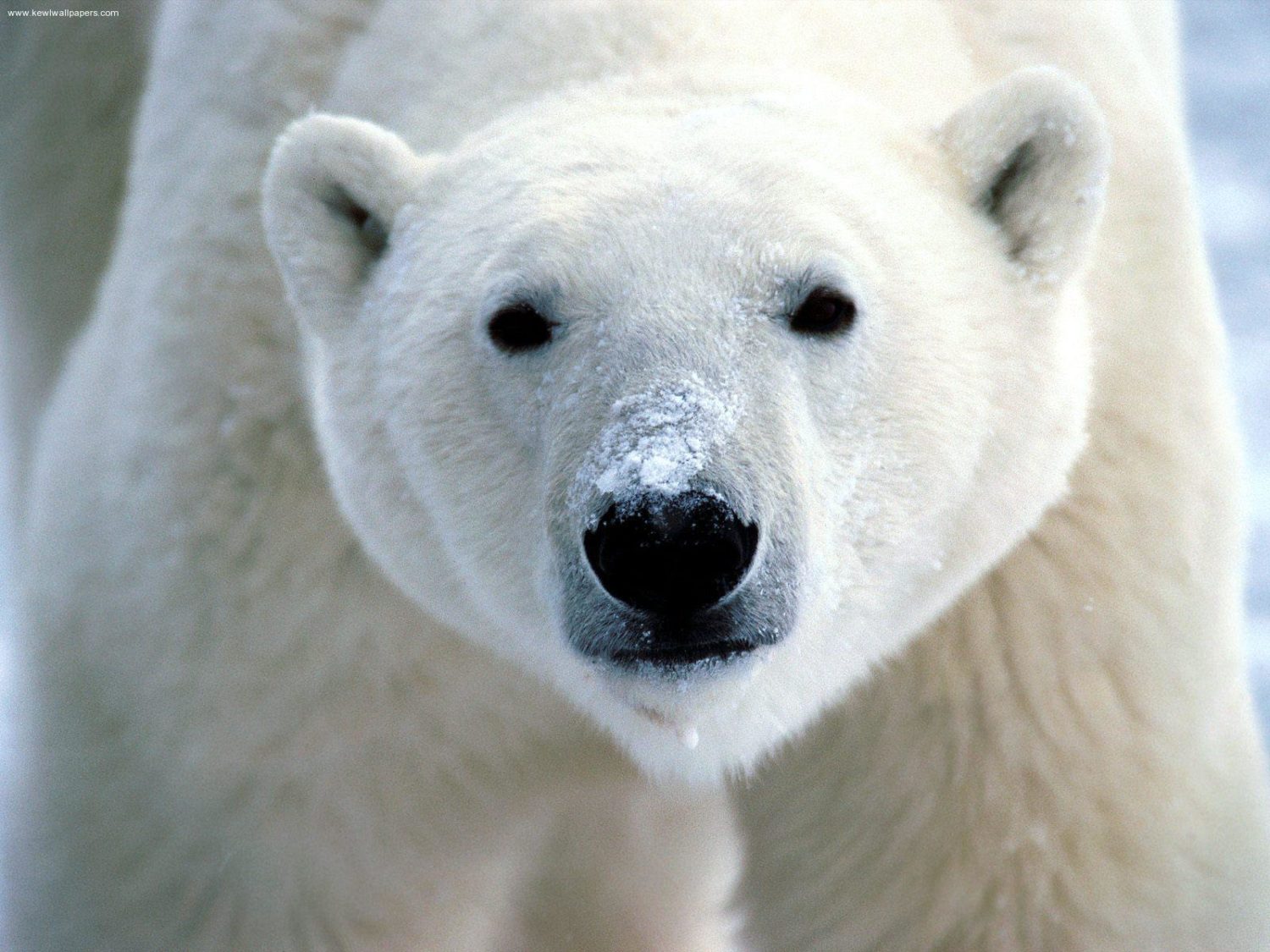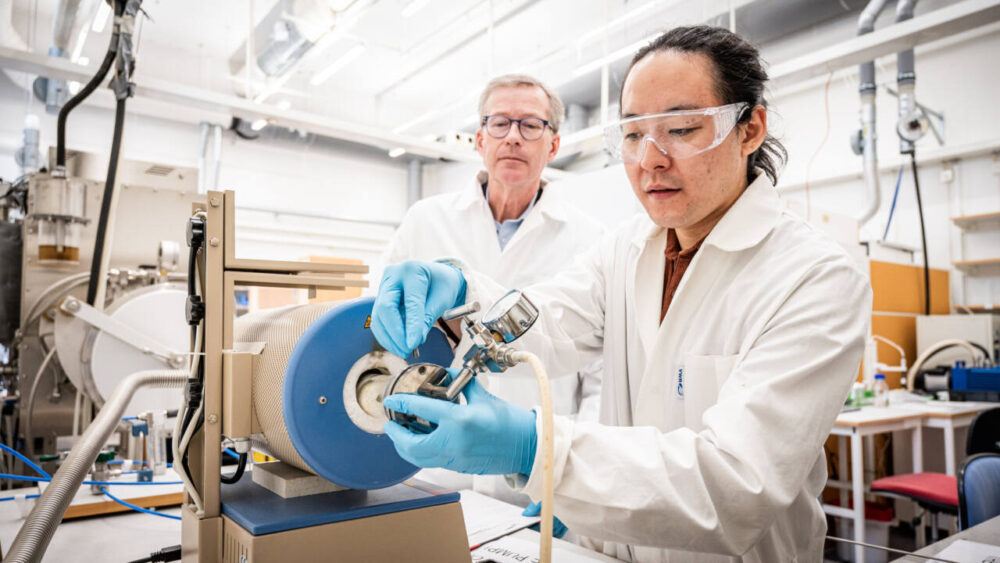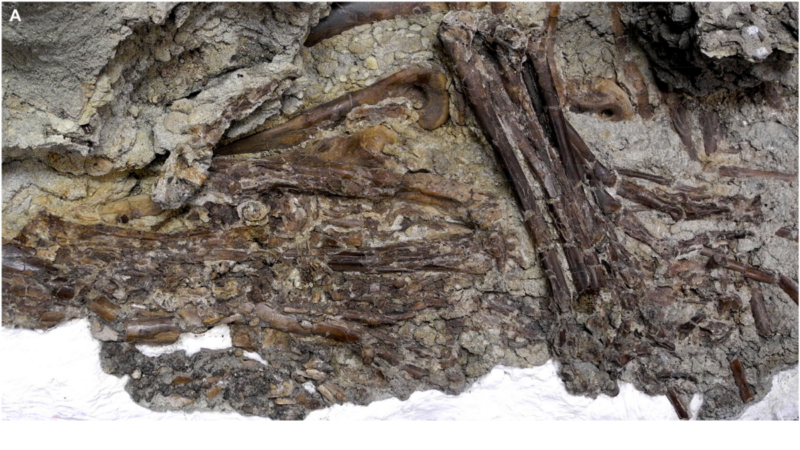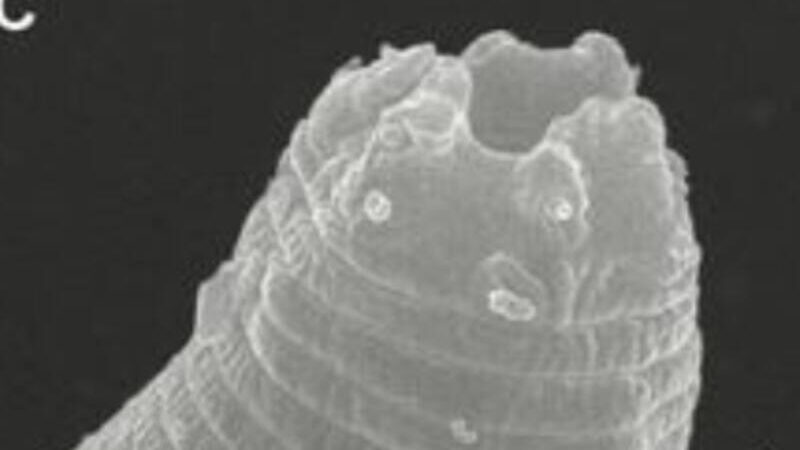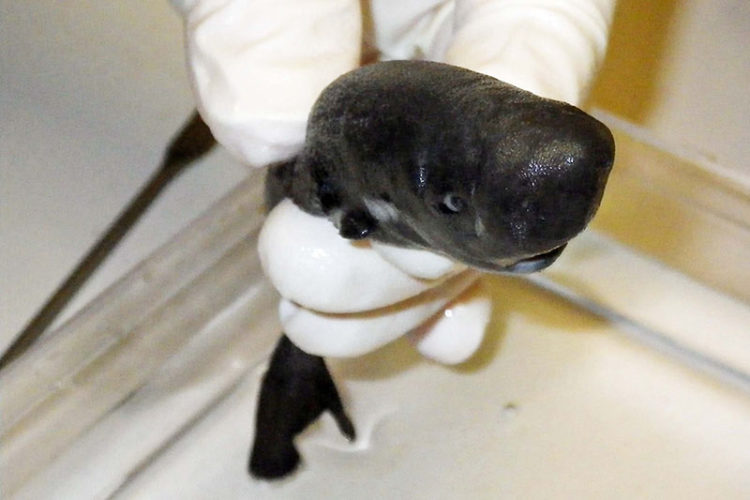Scientists share the most important facts they want you to know
Thanks to the internet, we now have access to much more information than we have ever had before, which means if we’re suddenly curious about how certain sea creatures live or what’s going on in space, we can turn to the web. But while reading articles on a site is great, what’s most special about the internet is our access to actual experts who are hands-on the field.
Inspired by this connectedness, Twitter user Dalton Ludwick posed a question on Twitter to help spread some knowledge straight from the sources. He asked, “If you could have the entire world know just one thing about your field of study, then what would it be?” From this, the hashtag #MyOneScienceTweet was born, and a number of scientists shared their favorite facts they wanted the world to know.
If you could have the entire world know just one thing about your field of study, then what would it be? #MyOneScienceTweet
— Dalton Ludwick, Ph.D. (@EntoLudwick) October 27, 2017
Here are some of our favorite facts:
1. Octopus Don’t Have Any Tentacles
They actually have arms, unlike squid and cuttlefish, which have two tentacles in addition to their eight arms.
Octopus don't have any tentacles. 0. Not one. They have 8 arms. 🐙
Squid and cuttlefish have 8 arms AND 2 tentacles. 🦑#MyOneScienceTweet https://t.co/fg7NB1ryrU
— Dr Thomas Clements (@Thomas_Clements) October 30, 2017
2. Polar Bears Don’t Live In Antarctica
They actually live in the Arctic around the North Pole, while penguins reside in the Antarctic around the South Pole.
Polar bears don’t live in Antarctica
Polar bears don’t live in Antarctica
Polar bears don’t live in Antarctica#MyOneScienceTweet https://t.co/nbMfKyGbYS— Dr. Michelle LaRue (@drmichellelarue) October 30, 2017
3. Humans Didn’t Evolve From Any Living Monkeys
We actually just share a common ancestor with modern apes, but that species diverged into two separate lineages. One ultimately evolved into gorillas and chimps, and the other evolved into early human ancestors called hominids.
Humans aren't descended from chimps, nor any living monkey, but share a common ancestor with them #MyOneScienceTweet https://t.co/3vzWOhYVfW
— NYU Primatology (@nyuprimatology) October 28, 2017
4. Birds Can Have Regional Accents
Just like humans, birds from the town and the country can sound different from one another. Scientists say bird song in the city is at a higher pitch.
Birds can have regional accents! #MyOneScienceTweet https://t.co/sRe38r0WTE
— Lydia Rocheleau (@LydiaRocheleau) October 29, 2017
5. Being Cold Doesn’t Make You Sick
It’s an old wives tale that being cold makes you sick. The misconception occurs because people tend to get sicker in the winter due to increased exposure to viruses during this time.
Being cold does not make you sick. People get sick in the winter bc they're inside surrounded by people more than usual. #MyOneScienceTweet https://t.co/jDQFWcDdSR
— noodle nerd🌸 (@sapplejello) October 31, 2017
You can see more fun scientific facts by viewing the #MyOneScienceTweet hashtag on Twitter!


